Description
Divan Attar Neyshabouri is a collection of exhilarating and mystical poems of Sheikh “Farid-ud-Din Attar Neyshabouri” consisting of his lyric poems, poems and appendices; These attachments are lyric, ode and composition of verses that have been attributed to “Farid-ud-Din Attar Neyshabouri” in later versions. There are various versions of “Divan Attar Neyshabouri” that can not be confirmed;
Because some of the poems in these versions do not belong to “Farid-ud-Din Attar Neyshabouri”. The version now available to readers is the result of more than two decades of research by proofreaders who have compiled seven ancient manuscripts. Thus, it can be said that this correction of “Attar Neyshabouri’s Divan”, which is a “critical text based on ancient manuscripts”, is one of the most authoritative and citationable versions of this divan.
“Critical text based on ancient manuscripts” is a correction by “Mehdi Madaini” and “Mehran Afshari” which was done under the supervision of “Alireza Emami” and the value of the manuscripts was graded based on the validity and antiquity of the intended version; Because with the passage of time and the decline of antiquity, more poems can be seen in it. In “Critical Text Based on Ancient Manuscripts”, first these texts were reproduced and combined by “Mehdi Madaini” and “Mehran Afshari” and arranged according to the letters of the rhyming alphabet. After confronting each other, the details of the copy are mentioned below each ode and sonnet in the footnote, and at the top of each poem on the right, the number of ode and sonnet and on the left, the code name of the version is listed in order of precedence.
Birthday and childhood
Mohammad Reza Shafiei Kadkani in his introduction to Al-Tair region mentions that Attar’s character is in the “cloud of ambiguity” and our information even about Sanai, who lived attar a century ago, is much more than we know about Attar. All we know is that he lived in the second half of the sixth century and the first quarter of the seventh century.
In his labyrinth, Awfi mentions him as “Al-Ajl Farid al-Din Iftikhar al-Afzal Abu Hamid Abu Bakr al-Attar al-Nishaburi, the seeker of the path of truth and the inhabitant of the rug of the path.” His name was “Muhammad”, his nickname was “Farid al-Din” and his nickname was “Abu Hamid”, and in his poems he mostly used Attar and sometimes Farid.
According to the oldest narrator of his poetry collection, his father’s name was Attar Mahmud, and according to another narration, he was one of the ancient biographers of Ibrahim Ibn Ishaq; Yusuf’s name is also mentioned for Attar’s father. There is a shrine in Kadkan called “Pir Zarvand” which is respected by the locals and the locals believe that this is the tomb of “Sheikh Ibrahim” the father of Attar.
Attar was born in Kadkan, one of the parts of present-day Torbat-e Heydarieh, and his parents and ancestors were from Kadkan.
Attar’s childhood was accompanied by the outbreak of geese; Attar was not more than 6 or 7 years old at the time of the Ghaz disaster. The tragedy was so great and horrible that it could not but have a painful effect on the young child’s mind. The sultan had been captured by the Ghazs and the city was in ruins.
The young Attar saw torture, rape, destruction, death, pain and terror all around him; And this factor later caused a lot of death and pain in Attar. A few years later, after the sedition in Gaza subsided, Attar began studying at school. During his school days, he was fascinated by the lives of great figures such as Abbas Tusi, Muzaffar Ebadi, Rukn al-Din Akaf, and Muhammad ibn Yahya. These anecdotes, in addition to encouraging Attar in the way, were later collected in Tazkerat al-Awliya.

the profession
He learned pharmacy and pharmacology from his father, and in mysticism he was not a disciple of a particular line of Sufi shaykhs, and worked as a perfumer and patient. He showed no interest in school and monastery and wanted to find the path of mysticism from the pharmacy. His life was spent composing many poems, including four poems by him, in addition to his poetry collection and collection of quatrains, Mokhtarnameh.
The fame of his poetry in his lifetime has passed from Neishabour and Khorasan and reached the western regions of Iran. There are also documents that show that Attar’s circle of mystical lessons in Neishabour was very hot and passionate and many elders of the time attended them. In modern times, Shiites, citing some of his poems, believe that he was a friend of the Ahl al-Bayt.
Features of Attar’s speech:
Attar is one of the great mystical poets and one of the most famous men in the history of Iranian literature. His words are simple and catchy. He has chosen the best way to express his mystical intentions, which is to bring a simple and unpretentious word, free from any makeup.
Although he does not have the breadth of knowledge and strength of words of masters such as Sanai in the appearance of his words and utterances, but the simple speech that has caused the reader to be fascinated by heartburn like him, as well as his help in allegories and telling stories and anecdotes Variety is another attraction of his works and he is an example of famous mystics after him such as Rumi and Jami and both of them have praised this great guide, as Rumi has said.
Introducing Attar’s works:
Sheikh’s works are divided into two categories: poetry and prose. His poetic works are: 1- Poetry Divan, which includes lyric poems, poems and quatrains. 2- His Masnaviyat are: Elahi Nameh, Asrar Nameh, Misyabnameh, Vaslatnameh, Bulbulnameh, Bi Sar Nameh, Mantiq Al-Tair, Jawahar Al-Zat, Haidar Nameh, Mokhtarnameh, Khosrow Nameh, Ashtarnameh and Mazhar Al-Ajaib.
Among these mystical Masnavi, the best and most eloquent one, which is considered as the crown of his Masnavi, is Mantiq al-Tair, the subject of which is the discussion of birds from a fictional bird called Simorgh, which means the seekers of the path of truth and Simorgh means the existence of truth. In this poem, Attar speaks with the power of his imagination and the use of mystical codes in the most beautiful way. Others believe that these two books are not attributed to Attar.
If you are angry, please punish me immediately
I have to have a hundred hearts at any time to take you to a heart
If you put the mask on Gabriel, you will die
No one can see your beauty because what you see is very secretive
No, no, that no one sees except you, because your sentence is so obvious
In your love, if you die, Attar will be alive forever from the meanings
1- Introducing the book on YouTube
2- Introducing the book in Aparat

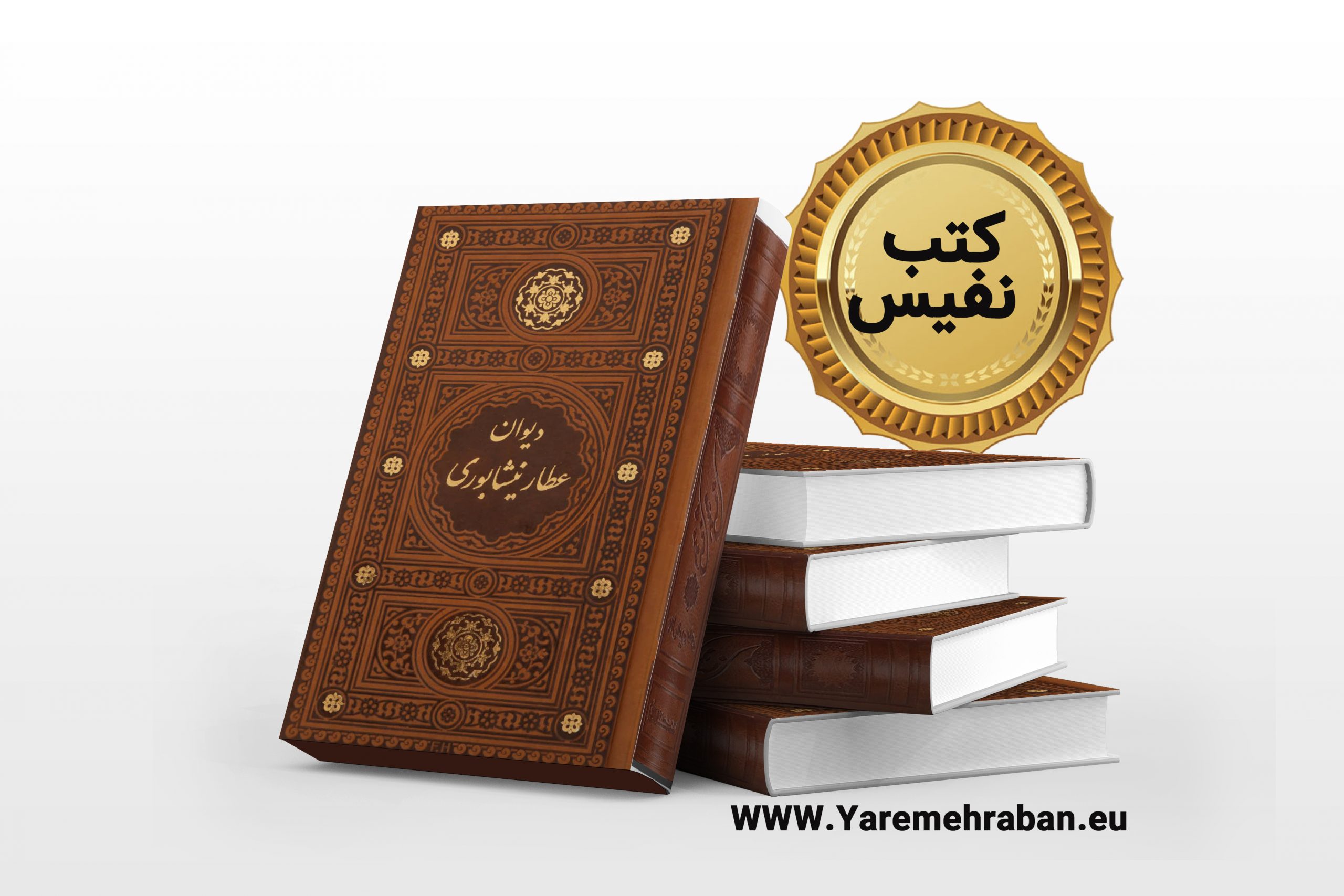

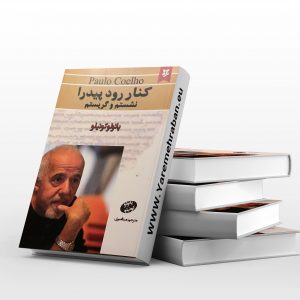
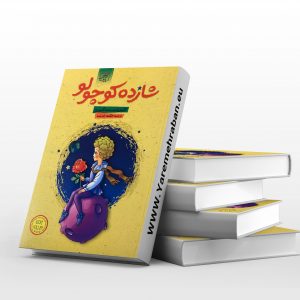

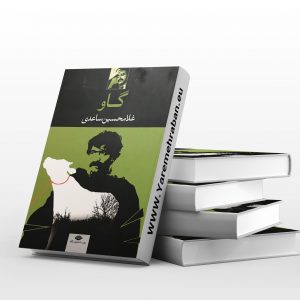
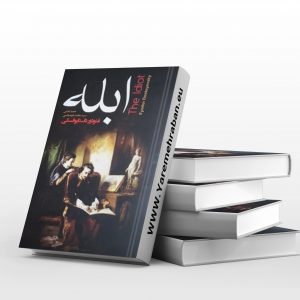

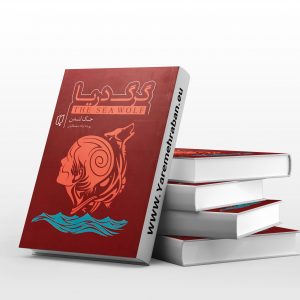
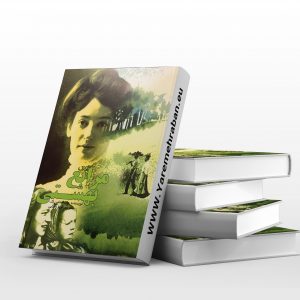
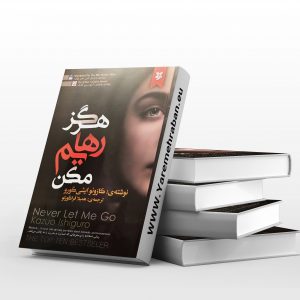
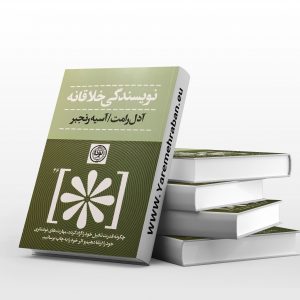
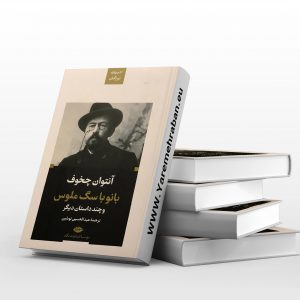
Reviews
There are no reviews yet.